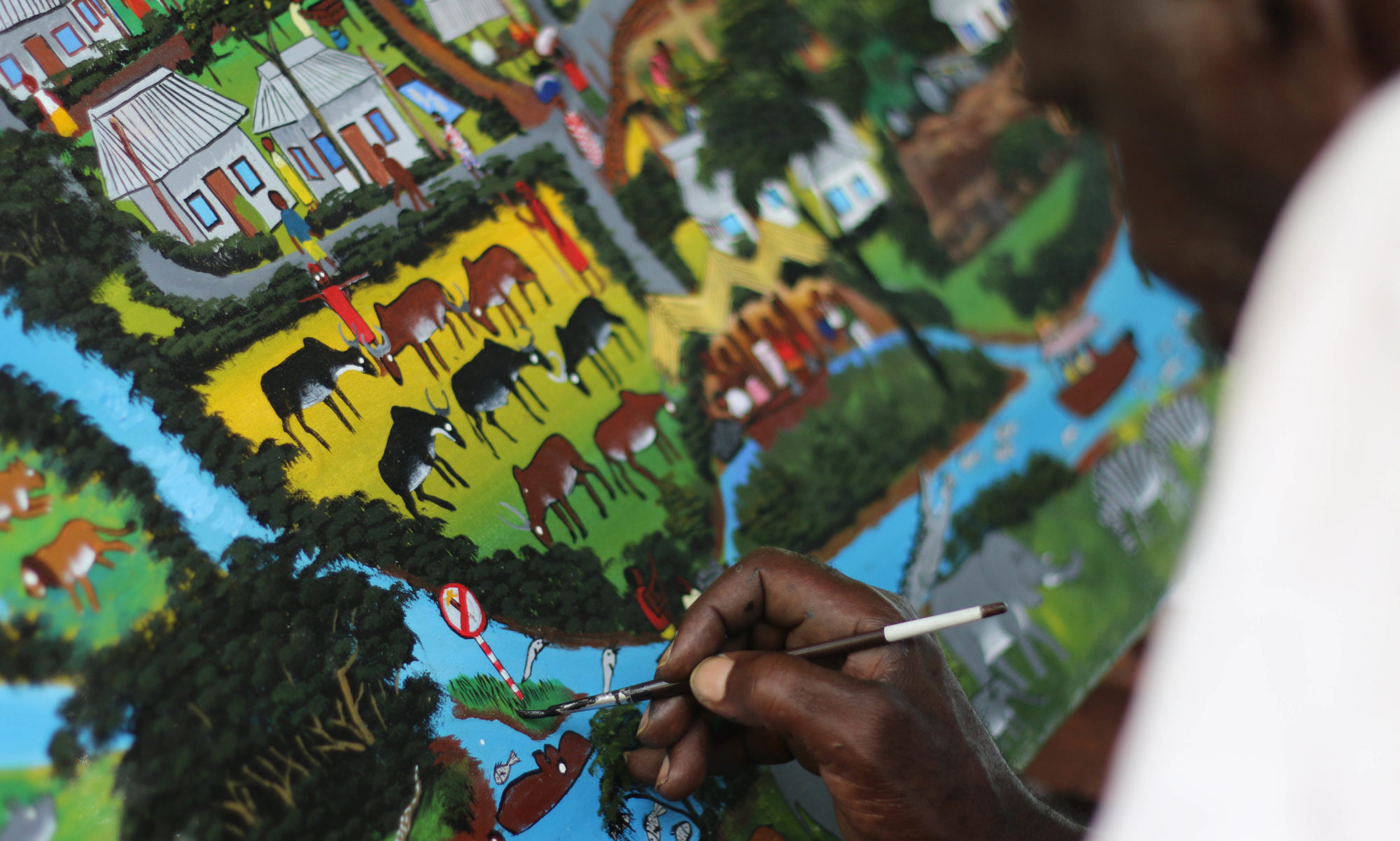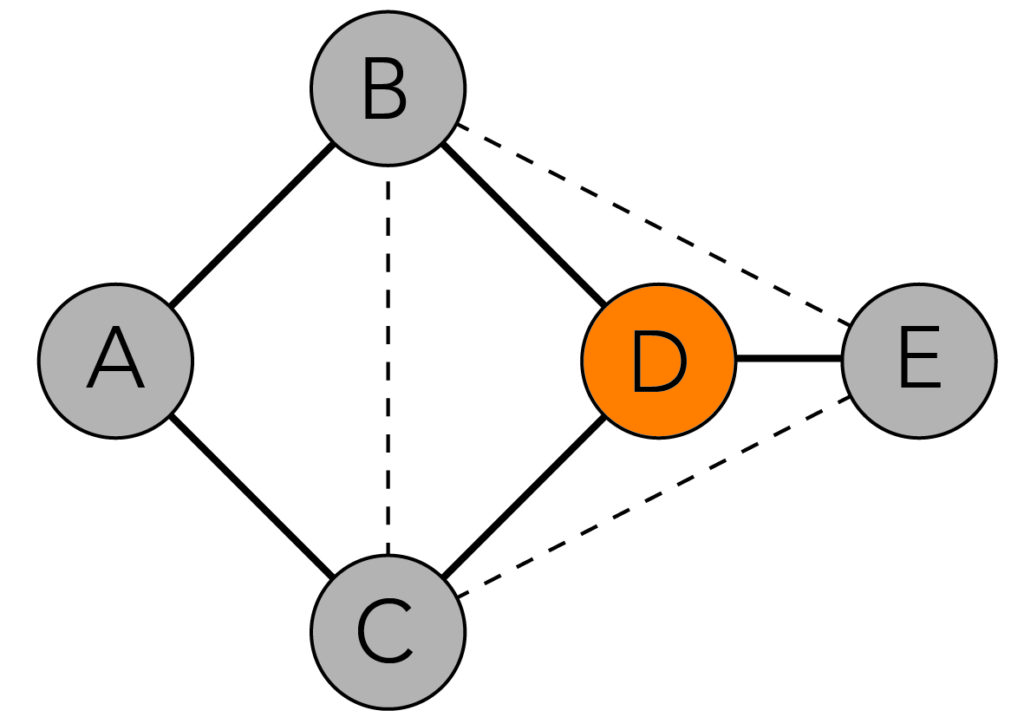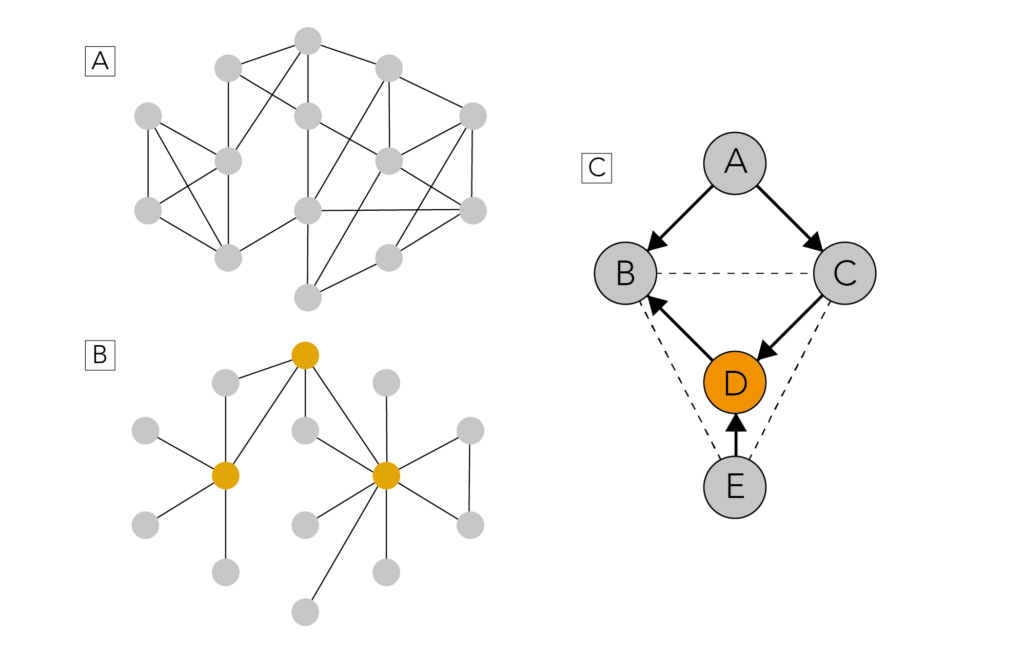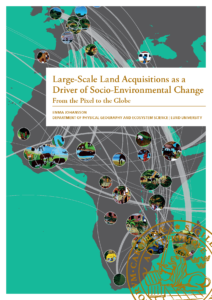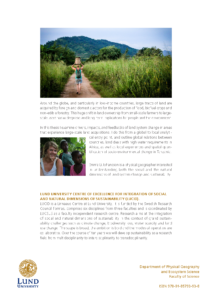I will be having a virtual presentation at Almedalsveckan tomorrow, 4th of July. If you are there, I think it will be a very interesting session!
Sustainable Land Use? Synergies, Conflicts, and Solutions for Sweden and Beyond
Tid: 11:15 – 12:15
Plats: Hästgatan 13
Medverkande:
- Genevieve Metson, Assistant Professor, Theoretical Biology IFM and Center for Climate Science and Policy Research, Linköping University
- Emma Li Johansson, Researcher, Department of Physical Geography and Ecosystem Science, Lund University
- Kimberly Nicholas, Associate Professor, Lund University Centre for Sustainability Studies
How does Swedish farming and food consumption affect ecosystem services here and around the world? What role does agriculture in the EU, particularly the CAP, play in driving Agenda 2030? How can we sustain food, energy, biofuels, climate regulation, and thriving nature with limited land resources?
